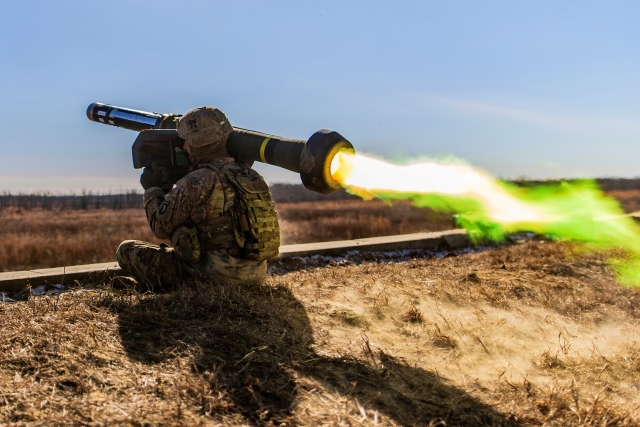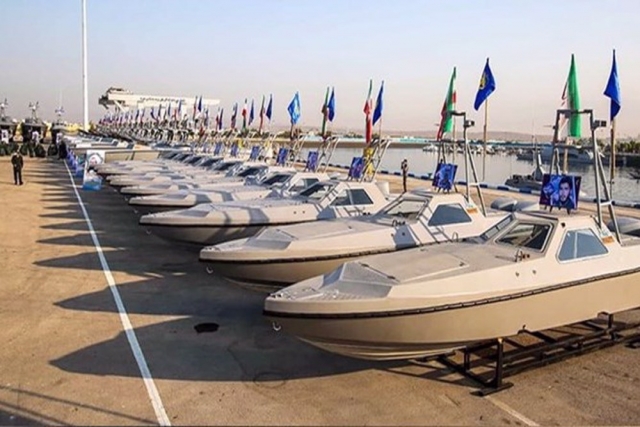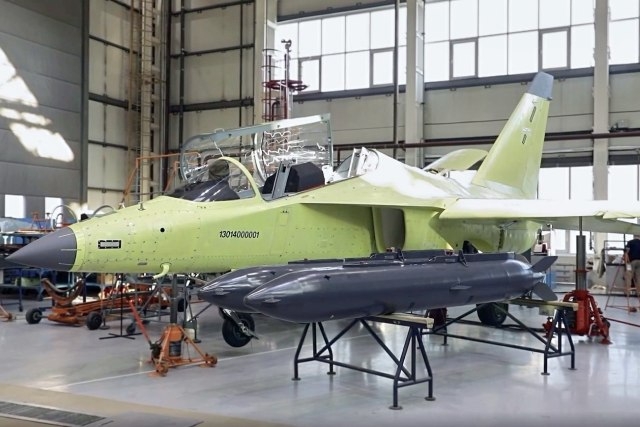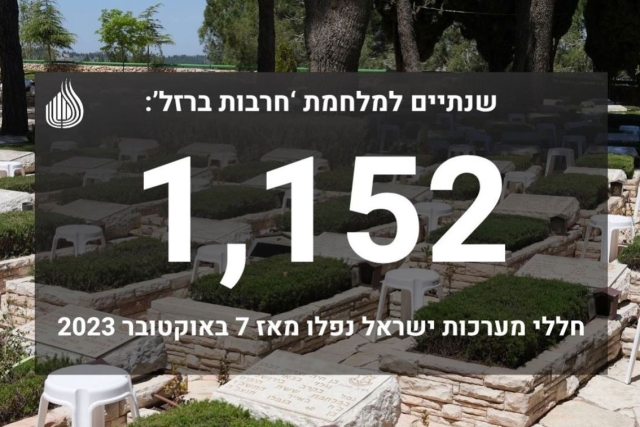Iran to Produce Shoulder-Fired Missiles, “Space” Rockets

Iran has developed a new “space” rocket besides inaugurating a mass production line for advanced shoulder-fired missiles.
New composite solid fuel plants capable of supplying fuel to all ground combat missiles has also been set up.
“The shoulder-fired missiles are one of the most sophisticated and effective weapons against the enemy’s forces and low-altitude targets. They are equal to the most modern shoulder-fired missiles in the world in terms of technology and tactical capability, and are even superior to foreign models in some components,” Iranian Defense Minister Brigadier General Amir Hatami was quoted as saying by government-owned PressTV.
"Only three or four countries in the world can produce such a weapon; but today, the Islamic Republic has fully acquired this technology and all its parts are fully produced and produced in high circulation and have been repeatedly hot-tested in various scenes that can be used in low to medium altitude air defense,” Chiefs of Staff of the Iranian Armed Forces Major General Mohammad Baqeri said.
Pointing to the opening of composite solid fuel production plants, Hatami said the plant was built to supply solid fuel to all surface-to-air missiles, adding that combined solid fuel can effectively increase low-altitude air defense owing to its higher energy, range and speed of surface-to-surface missiles and air defense.
Meanwhile on Monday, Iran tested a new 84-foot, three-stage rocket dubbed Zuljanah. It has a solid-fuel engine in its first and second stages and a liquid-fuel engine in its third stage. The rocket can loft a ~227-kg payload as high as ~500km, according to the Iranian government. It is adequate to place a satellite in low-Earth orbit. Solid-fuel-propelled motors are generally used in intercontinental ballistic missiles, which the U.S. does not want Iran to produce.
If you bent the Zuljanah’s trajectory, aiming for distance rather than height, you could carry a one-ton warhead as far as ~4900km, Jeffrey Lewis, an arms-control expert at the Middlebury Institute of International Studies in California, tweeted.












